Student
Programs
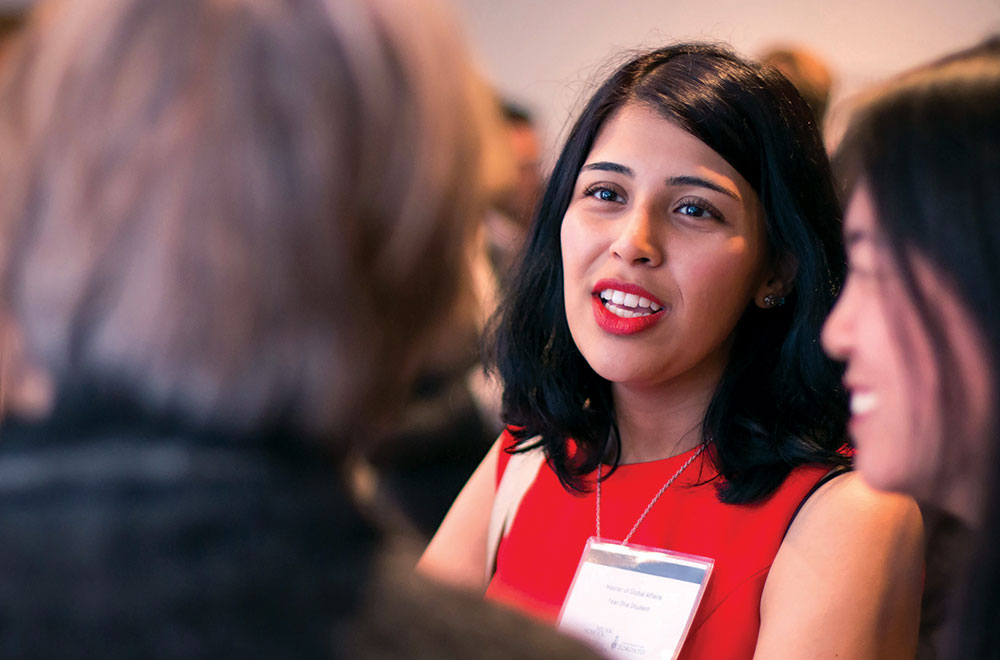
World-leading teaching
The Munk School brings together people who are passionate about addressing the challenges of a fast-changing world. Nowhere is this more evident than within the school’s 14 unique teaching programs. Outstanding students from across the country and around the world are drawn to the Munk School for its ambitious thinking, collaborative nature and creative approach. With a vibrant community of over 560 undergraduate and close to 200 graduate-level students who routinely shine as leaders for the entire University of Toronto student body, Munk School students engage in global issues that shape our world each and every day.
- Undergraduate programs
- American Studies
- Dr. David Chu Program in Contemporary Asian Studies
- European Studies
- Hungarian Studies
- Munk One Program
- Peace, Conflict and Justice Program
- South Asian Studies
- Graduate programs
- Collaborative Master’s and Doctoral Program in South Asian Studies
- Collaborative Master’s Program in Asia-Pacific Studies
- Ethnic and Pluralism Studies Collaborative Graduate Program
- Fellowship in Global Journalism (certificate program for professionals)
- Master of Arts in European, Russian, and Eurasian Studies
- Master of Global Affairs
Master of Global Affairs program
The world has changed. Today, to become global leaders, students need a deep understanding of global issues and the resiliency necessary to tackle some of the world’s most difficult challenges. The Master of Global Affairs (MGA) program is tailor-made to work with the world’s newest generation of problem solvers.
Attracting Top Students
As professional schools grapple with declining enrolments, the Munk School’s Master of Global Affairs program continues to attract top-calibre students from across Canada and around the world.
MGA Professional Internships
Challenged in dynamic and diverse working environments, MGA students gain unique experience in the global workplace at world-leading organizations and connect with key professional networks through professional internships.
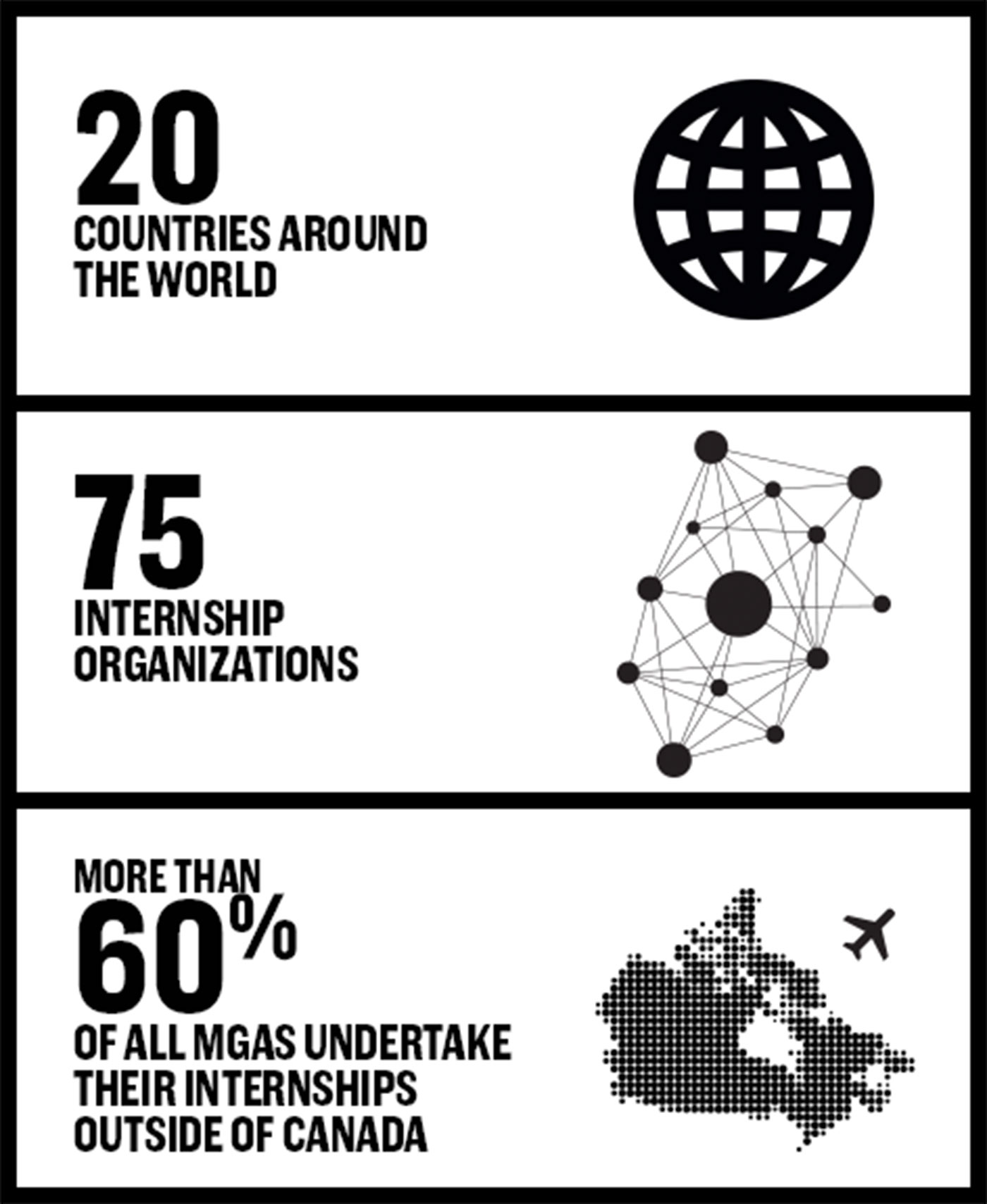
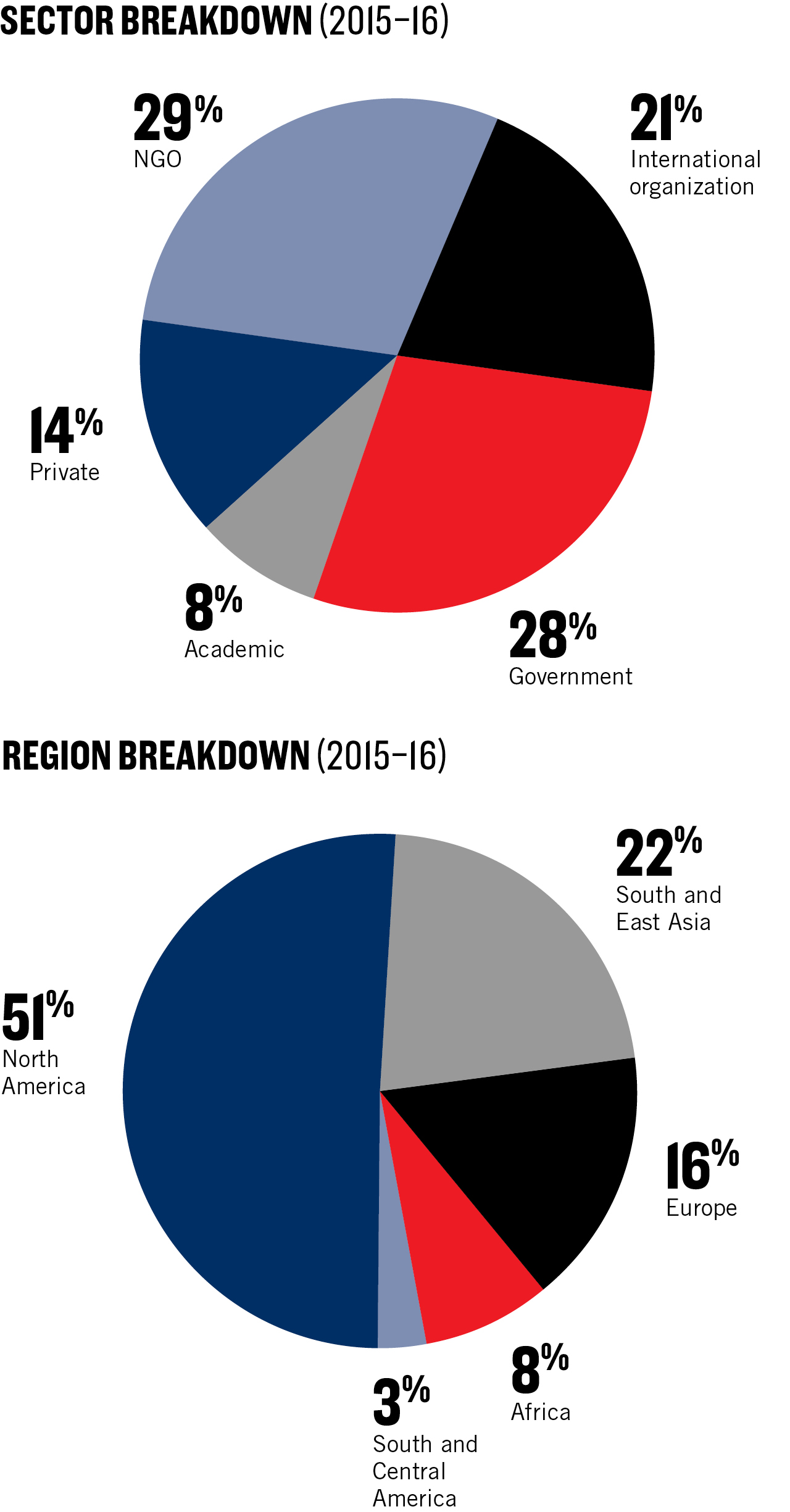
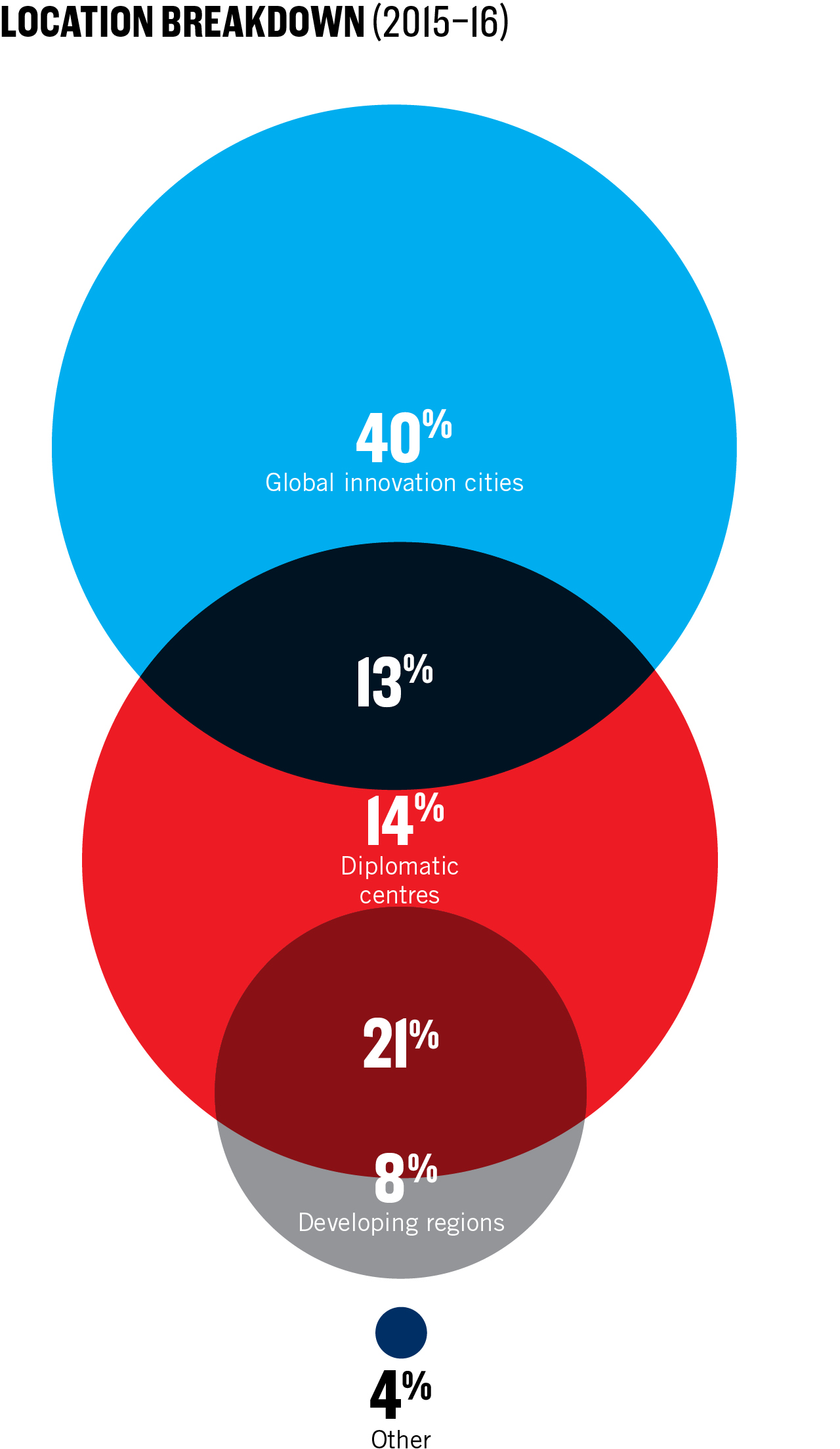
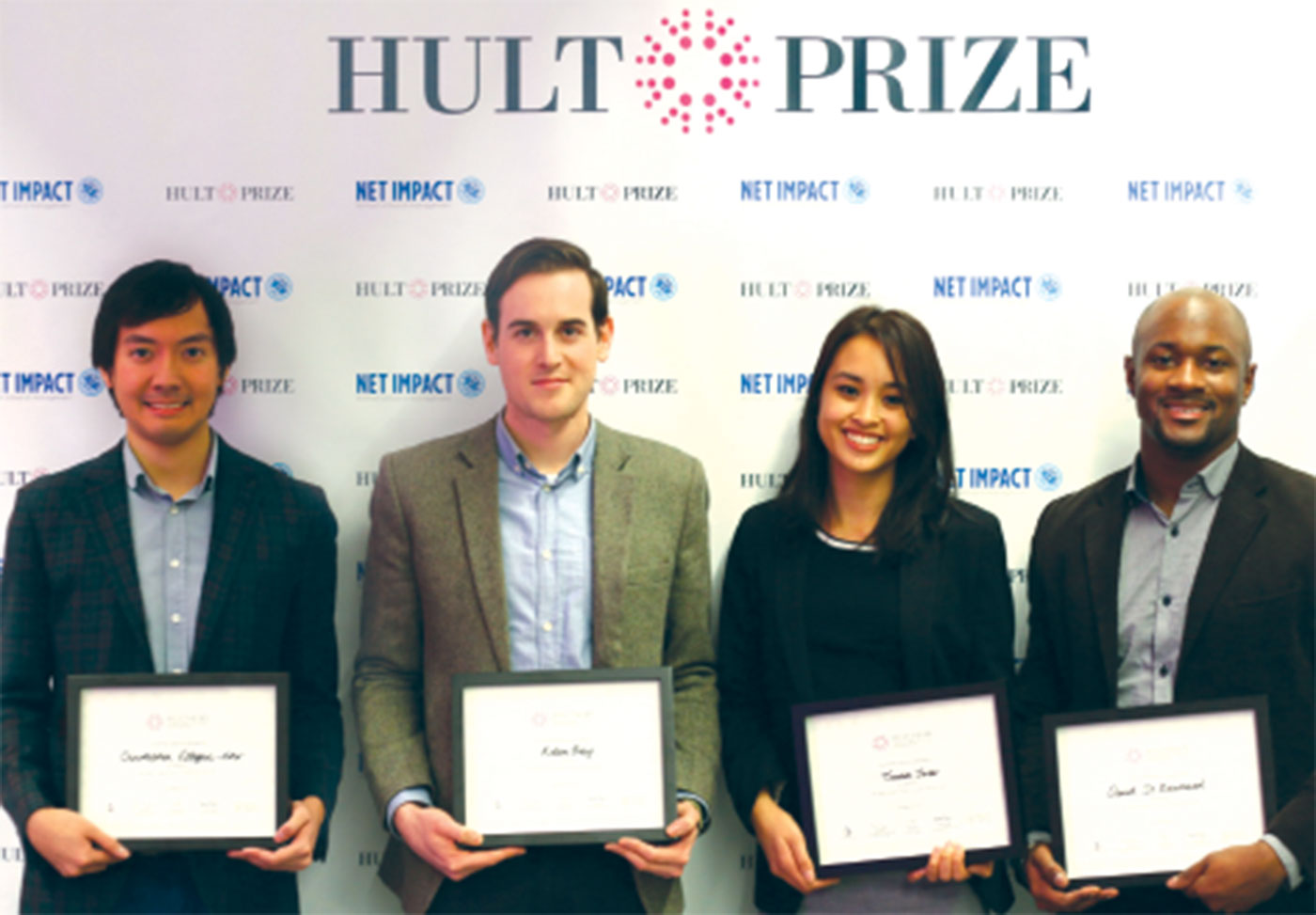
Competing to Solve the World’s Toughest Challenges
MGA student Christopher Villegas-Cho and his team Vicis won the second Hult Prize @UofT competition in fall 2015 with their idea to connect people, goods and capital while reducing congested city roadways to promote economic inclusion. The Hult Prize, which former U.S. president Bill Clinton and TIME Magazine named as one of the top five ideas changing the world, aims to create and launch the most compelling social business enterprises emerging from the world’s universities. Winners receive US$1 million in seed capital, as well as mentorship and advice from some of the world’s top international entrepreneurs.
Villegas-Cho’s team beat out 14 other U of T teams to earn a spot in the Hult Prize regional finals in Dubai in March 2016. While they won’t be advancing to the global finals, the experience of pitching their social enterprise in the planet’s largest student competition has only further reinforced their commitment to the “financial revolution,” calling their time in Dubai “only the beginning.”
Munk One program
Munk One students are innovators. They’re engaged with the world and deeply motivated to tackle complex problems. Through this foundational year program, small groups of students are challenged to make connections between global issues and local realities, and to act.
Building on material learned during the year, students who successfully complete the foundational year have the chance to travel abroad with Beyond the Classroom, Munk One’s summer study program. This year the program has been extended beyond Israel, Northern Ireland and Argentina to the University of Exeter and the University of Leeds in England, enabling students to learn global problem solving and innovation from ever more perspectives.
“I could not have asked for a better experience. I learned more in that month and a half in Israel than I have in several years of traditional education, and the information I absorbed will stick with me for a lifetime.”
– Danielle Pal, Munk One student & Beyond the Classroom participant, 2015
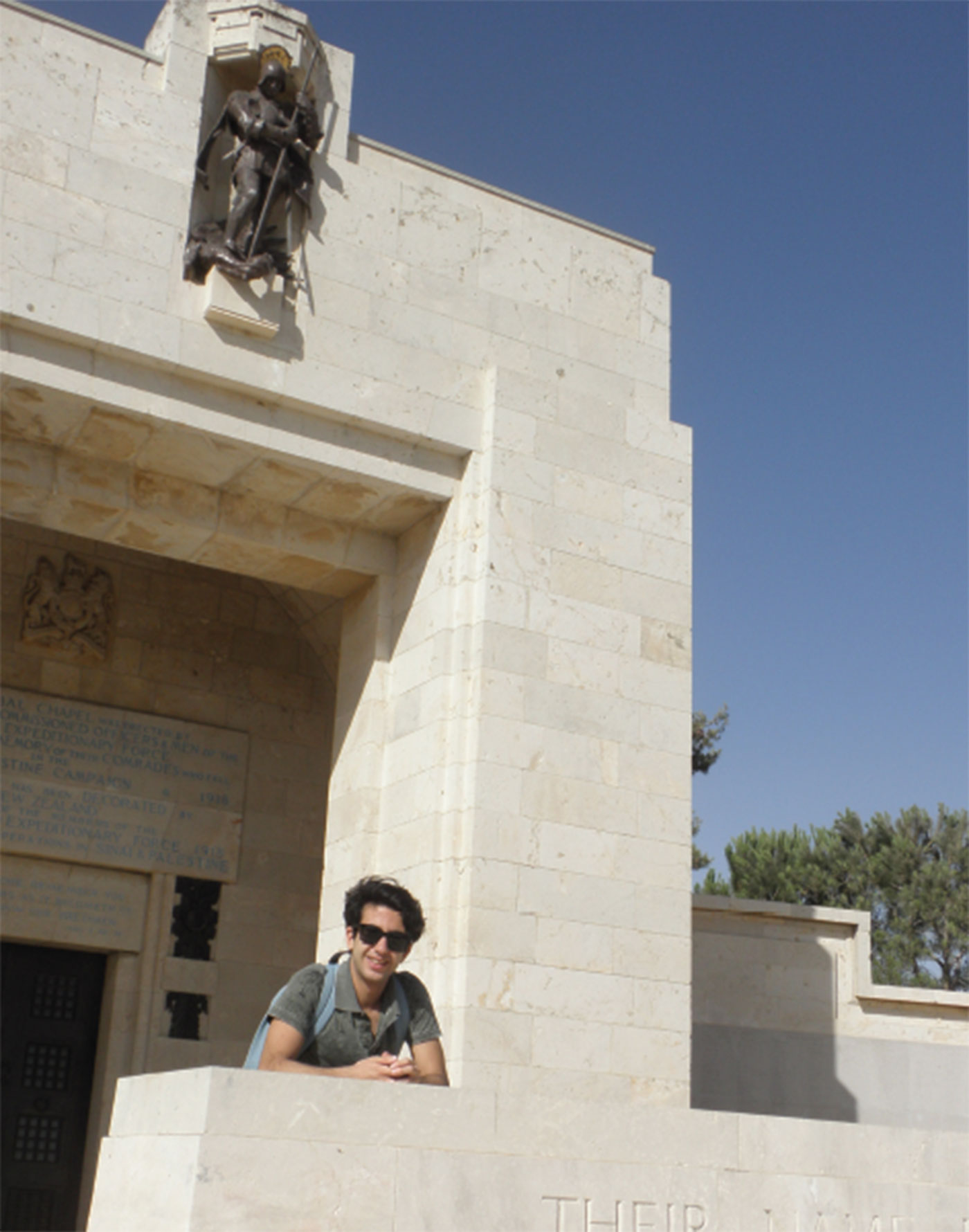

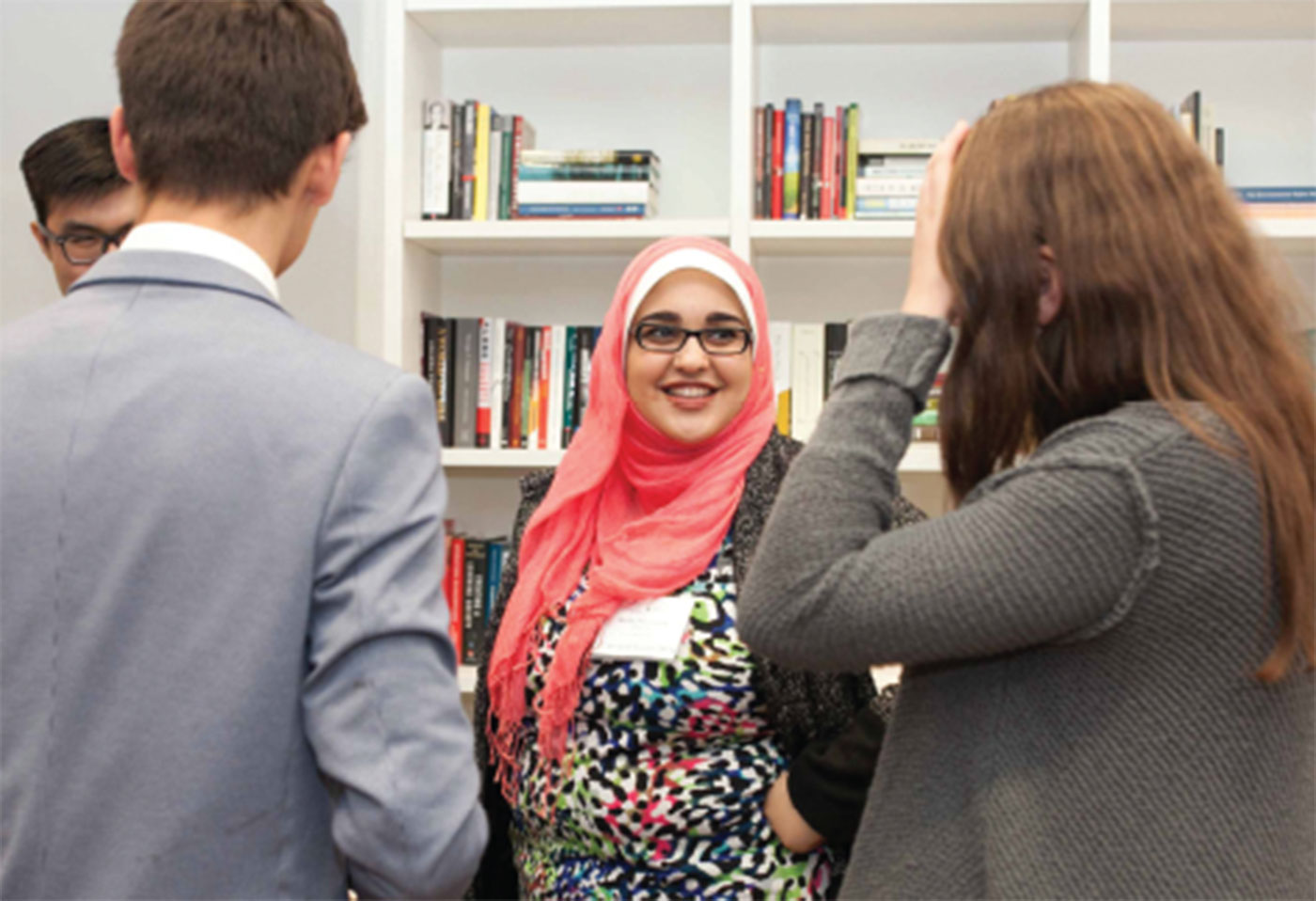
Recognizing Excellence
Dr. Teresa Kramarz, Director of the Munk One program, was selected as the recipient of the 2016–2017 University of Toronto Teaching Fellowship – Assistant Professor Teaching Stream. The fellowship is one of only two awarded each year across the university, and Dr. Kramarz is the sole pre-tenure recipient. This honour marks a truly outstanding achievement.
With the support of the fellowship, Dr. Kramarz will undertake a year-long pedagogical research residency to develop a project on globally networked learning environments. Her ambitious and exciting initiative will ultimately lead to a pilot program to teach global affairs to undergraduate students jointly in multiple locations around the world.
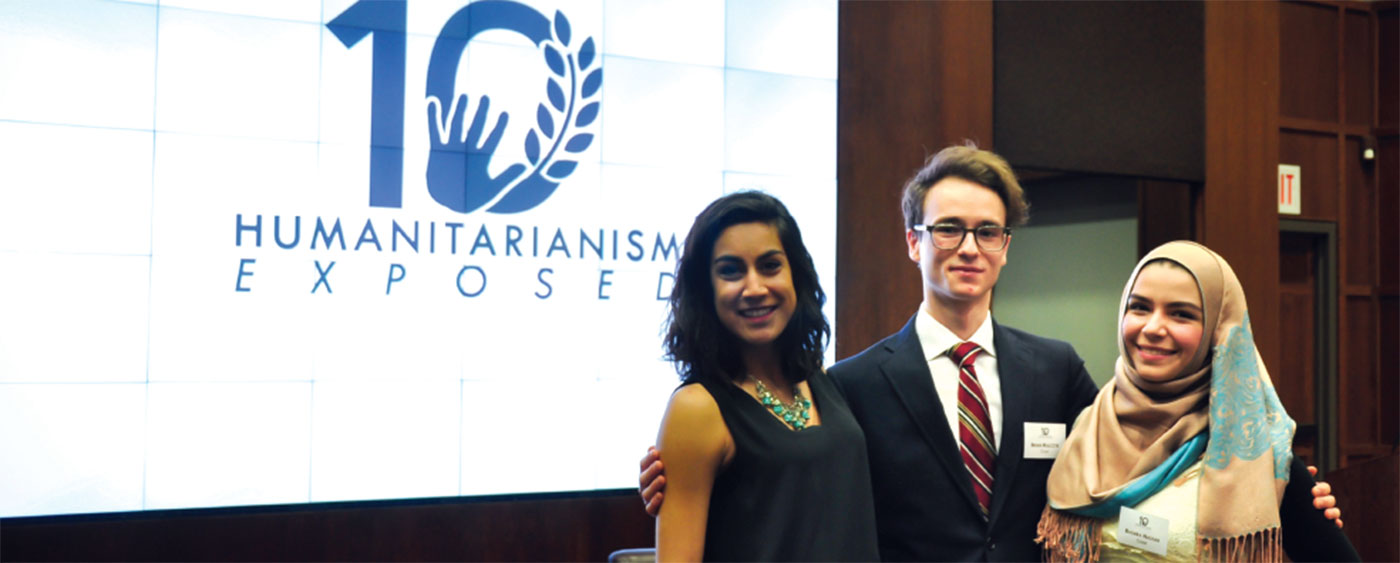
Trudeau centre for peace, conflict and justice
In an increasingly interconnected world where the roots and resolution of conflict, and the pursuit of more peaceful societies are of paramount concern to us all, students in the Trudeau Centre’s Peace, Conflict and Justice (PCJ) undergraduate program are making a real difference in the world. Through interdisciplinary approaches and integrative thinking, PCJ students work to address some of the world’s most urgent humanitarian challenges.
Partnering for Peace
Tying together theory and practice, PCJ students undertake internships – working with such organizations as GreenPAC, The Mosaic Institute, Médecins Sans Frontières and The Paradigm Shift Project – where they make important contributions to alleviate human suffering and advance the cause of peace and justice, at home and around the world. In 2015, the Trudeau Centre formed a new partnership with Level, an NGO that sends justice professionals abroad, to give PCJ students the opportunity to engage with some of Canada’s most committed justice champions.
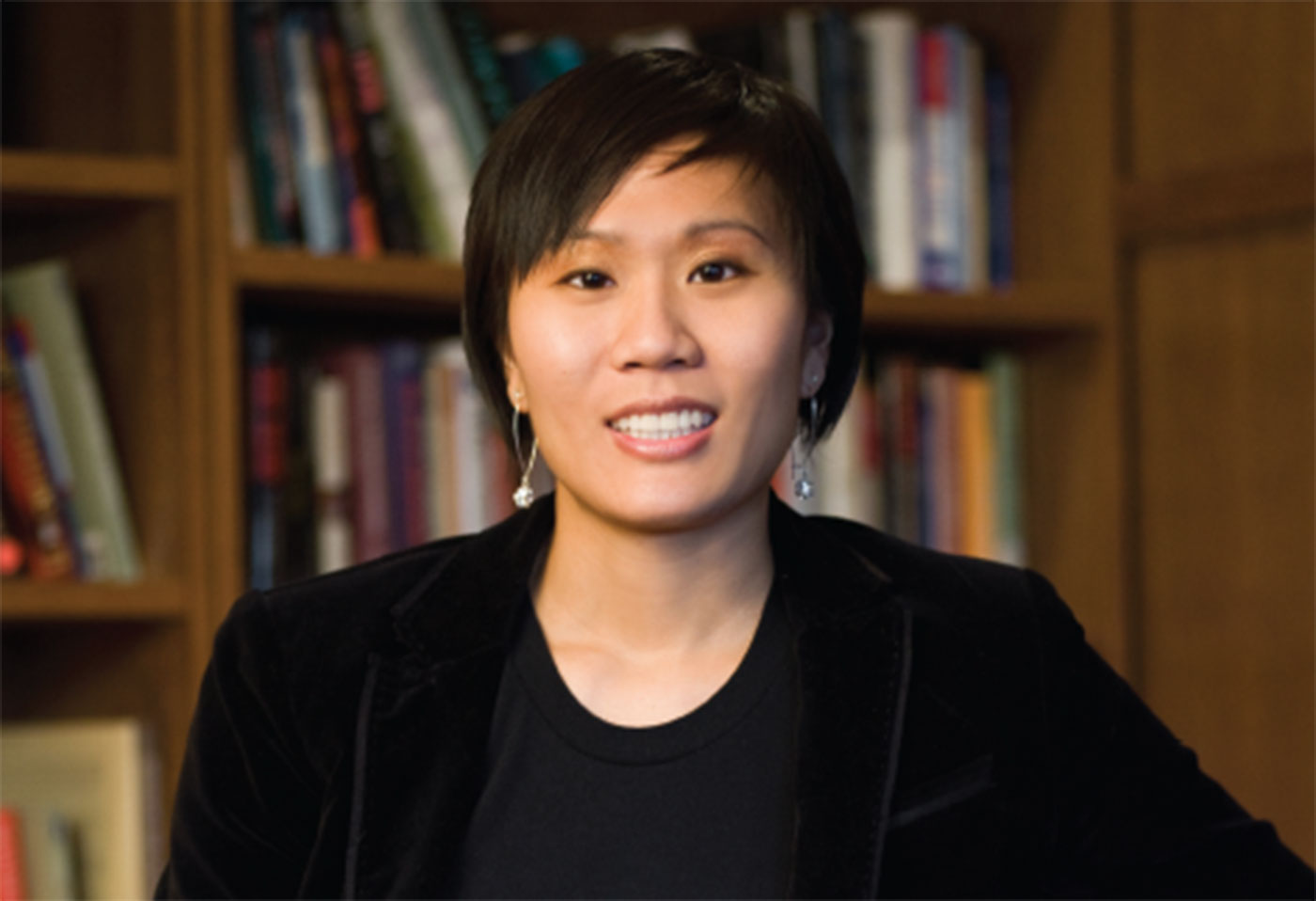
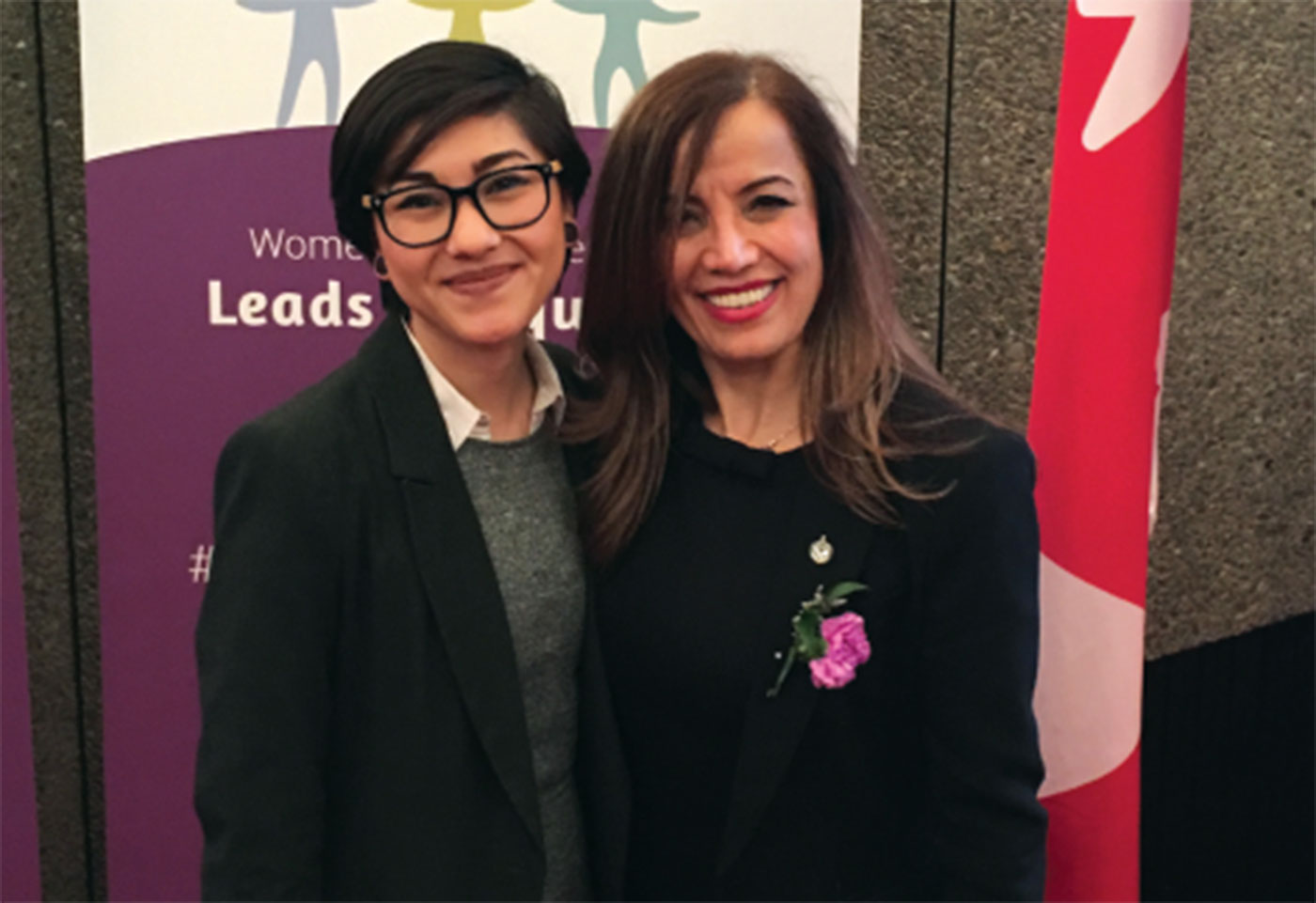

Fellowship in global journalism
The Munk School’s Fellowship in Global Journalism is building a new breed of journalist. Unlike any conventional journalism school, the fellowship attracts specialists in diverse fields – including emergency room doctors, trade lawyers, war photographers, business entrepreneurs, architects and art curators – and teaches them to become leading journalists in their fields for top media outlets around the world.
Getting the Story Out
Tackling everything from labour unrest in China to citizen science expeditions in the Arctic Circle, the Munk School’s Fellows in Global Journalism have published over 140 news stories and weekly columns for leading global outlets in the past year, including The New York Times, The Globe and Mail, CBC News, The Boston Globe and Hong Kong’s second-bestselling newspaper, Apple Daily.
The fellowship’s growing reputation for nuanced coverage on complex issues has brought three new prestigious media partners on board this year – Foreign Policy magazine (in its 45th year of publication and one of the leading forums for debate on international relations and global economics), VICE (the fastest-growing youth media company in the world) and TVO (award-winning forum for current affairs from an Ontario perspective). These partnerships will enable new audiences and demographics to engage with the Fellows’ specialist reporting.
The New Journalism
Nominees for the 2015 Pulitzer Prize in journalism included a newcomer to the profession: Dr. Seema Yasmin, a professor of public health at the University of Texas – Dallas and a recent graduate of the Fellowship in Global Journalism. She was recognized for her exemplary coverage in The Dallas Morning News of a potential Ebola outbreak in the city.

